Guides
Acts of ParliamentDevolved GovernmentHouse of CommonsHouse of LordsLegislative ProcessWhitehallPolitical PartiesPublic InterestThe Political Process Display All
Reference 
Scottish Independence Poll
The latest Scottish opinion polling data, detailing current levels of support for the 'Yes' and the 'No' side, and how this has changed over the years.Read More
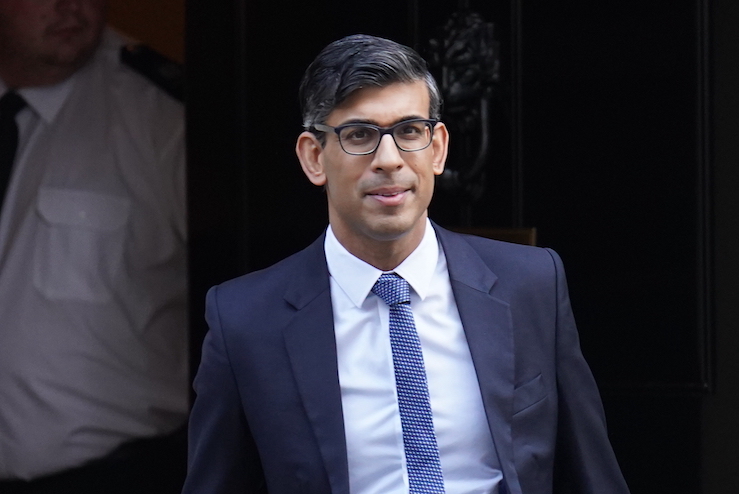
Rishi Sunak net worth
An overview of the published financial affairs of the prime minister Rishi Sunak. How wealthy is he? What does he pay in tax? Is it a political problem for him?Read More

Rishi Sunak’s parents
An overview of the family background of prime minister RIshi Sunak. Who are his parents, and what did they do?Read More

Lady Victoria Starmer
A profile of Lady Victoria Starmer, the wife of the current labour leader, and former solicitor who once remarked 'Who the ***, does he think he is".Read More
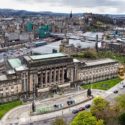
Scottish Government – Composition
The Scottish Government is made up of the First Minister, Cabinet Secretary's, junior Scottish Ministers below Cabinet level. Here are the details of the current Scottish Executive.Read More
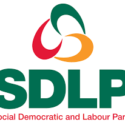
Social Democrat and Labour party (SDLP)
The Social Democratic and Labour Party (SDLP) is a Northern Irish political party that was formed in the early 1970s at the height of the 'Troubles'. The SDLP sits on the left of the political spectrum, and is affiliated to the Labour party.Read More

Shadow Chancellor
In the last 50 years, only 4 out of the last 18 Shadow Chancellors (and excluding those ex Chancellors continuing immediately after an election) have actually gone on to become Chancellor of the Exchequer.Read More
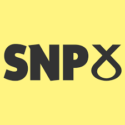
Scottish National Party
The Scottish National Party (SNP), is a pro Scottish independence party that sits on the left of the political spectrum. It is currently by far the largest party in Scotland and has been in government in the Scottish Parliament continuously since 2007.Read More
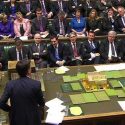
Shadow Cabinet
The Shadow Cabinet is made up of the senior members of the largest party not in government. Labour's Shadow Cabinet has been appointed by the party leader since 2011. Prior to then, it had been elected by the Parliamentary Party. Read the current list here.Read More
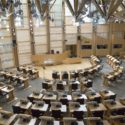
Scottish Parliament – Powers
An overview of the current powers of the Scottish Parliament and Executive, how the Scottish Parliament's powers have increased in recent years, and the policy areas that are currently still reserved for Westminster.Read More
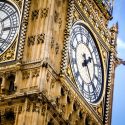
Starred Questions
Starred questions are questions for oral answer by Ministers in the House of Lords. They are called 'Starred Questions' because they appear next to a star on the order paper.Read More
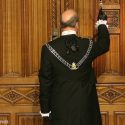
Salisbury Convention
The Salisbury Convention, sometimes called the 'Salisbury doctrine', states that the Lords will not vote down a Bill that seeks to enact a manifesto pledge on which a government was elected. Some have questioned the Convention, following the 1999 Lords Reform which removed the majority of hereditary peers.Read More
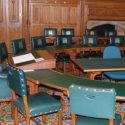
Select Committees
There are two types of House of Commons Select Committee - departmental and non-departmental. Select Committees invite their witnesses to attend. If that is not forthcoming, a Committee can potentially issue a summons for people to attend.Read More
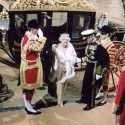
Queen’s Speech
The State Opening of Parliament, with all its pageantry and pomp, marks the beginning of a new Parliamentary Session. In the associated Queen's Speech, the Monarch reads out the Government's proposed legislative programme for the Session. During the event, an MP is held hostage at Buckingham Palace until the Monarch returns.Read More
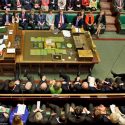
Substantive Motions
Debates in the House of Commons take place on a motion to which amendments may be tabled. One special kind of substantive motion is one tabled by the Government to seek approval for expenditure.Read More
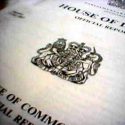
Secondary Legislation
Statutory instruments are known as Secondary legislation They make changes to the law under powers that have been specified in a previous Act of Parliament.Read More
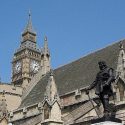
Standing Committees
Standing Committees are like miniature versions of the Commons itself. A new Standing Committee is set up for each Bill, although there are normally no more than eight at one time. Within the Standing Committee, a Bill is debated clause-by-clause.Read More
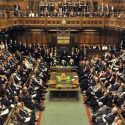
Second Reading
A debate on the Second Reading of a Bill is a debate on its general principles. It is normally held at least two weeks after the introduction of the Bill at First Reading.Read More

